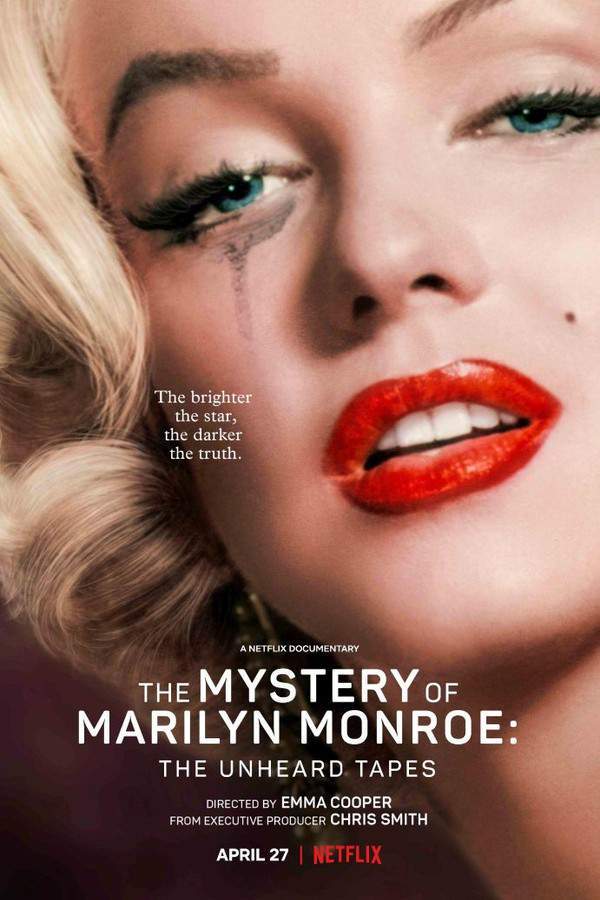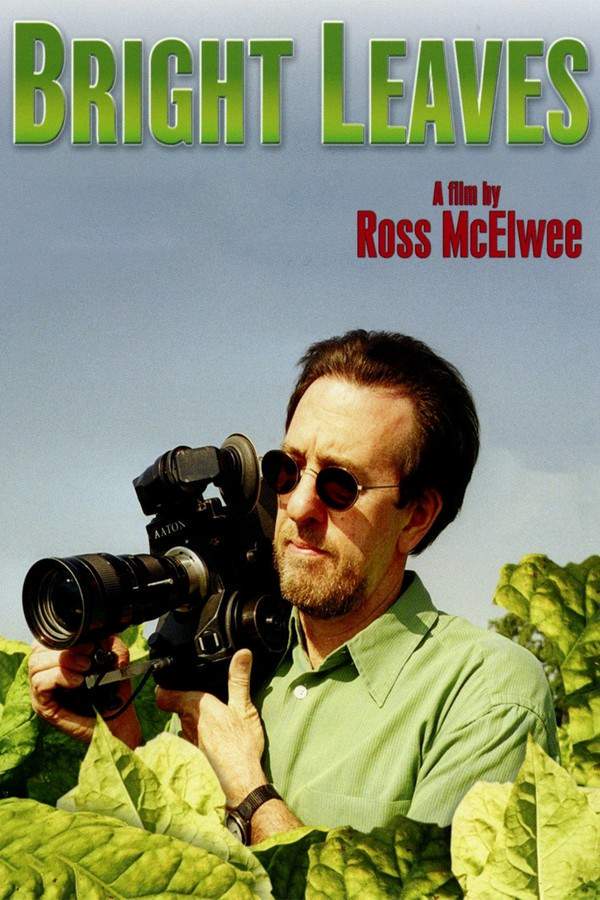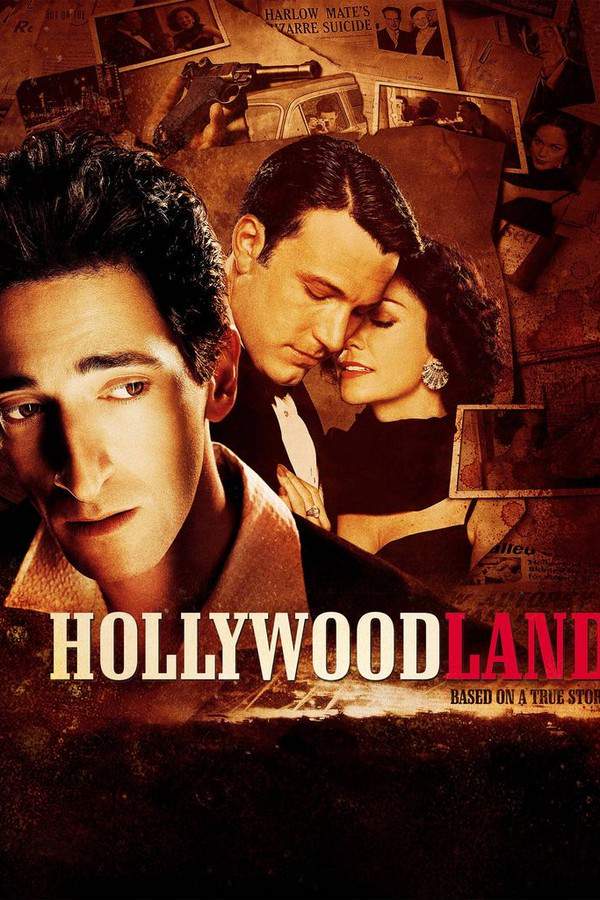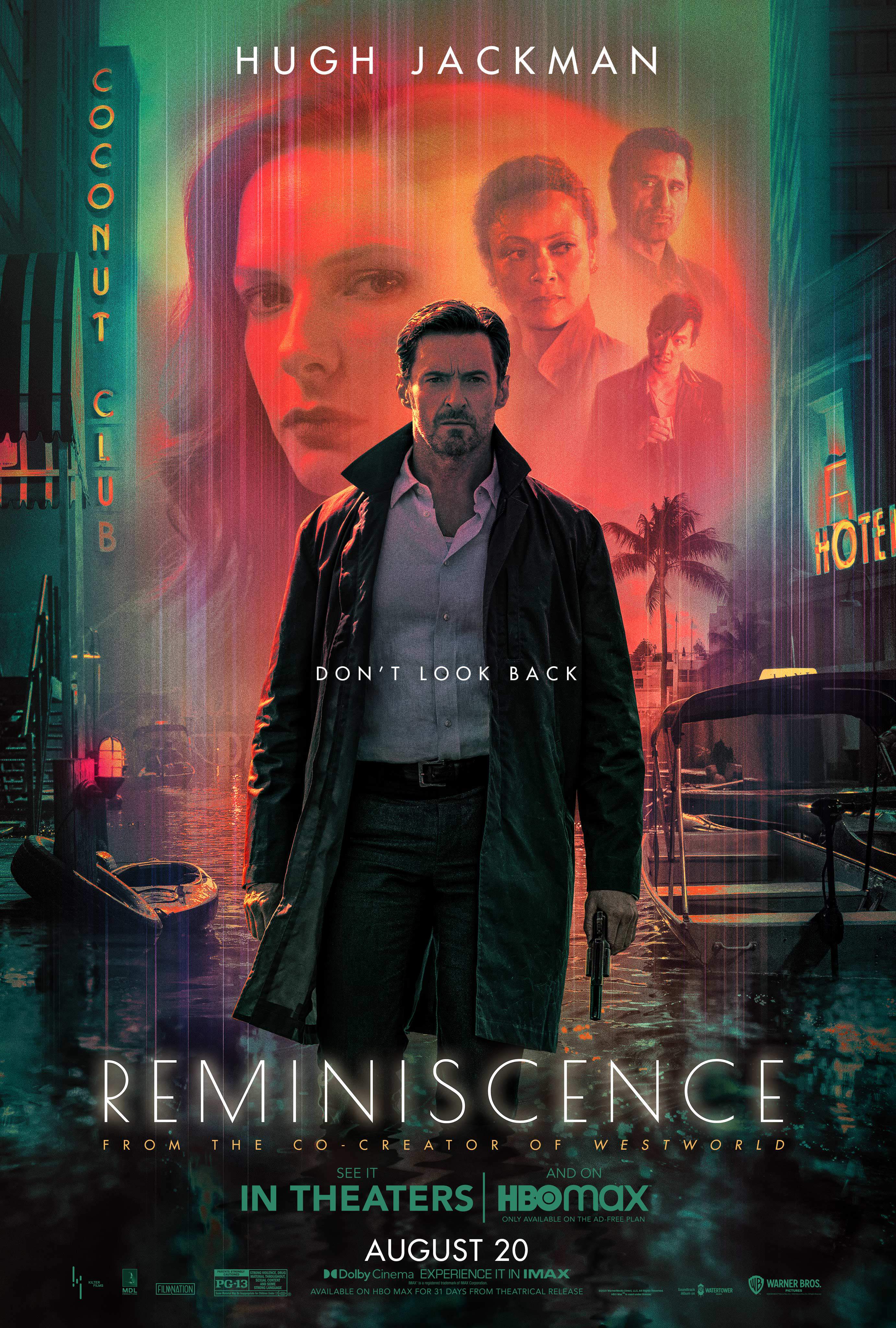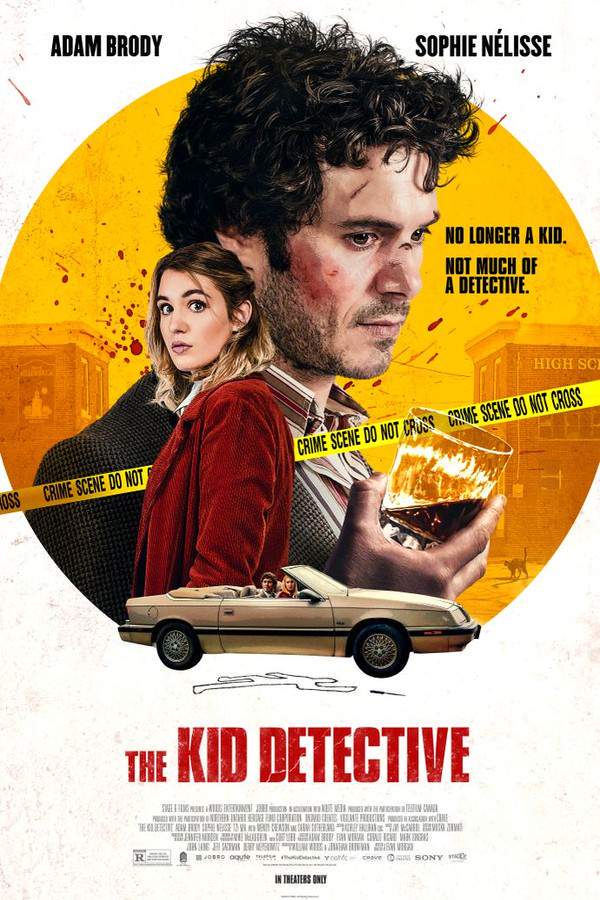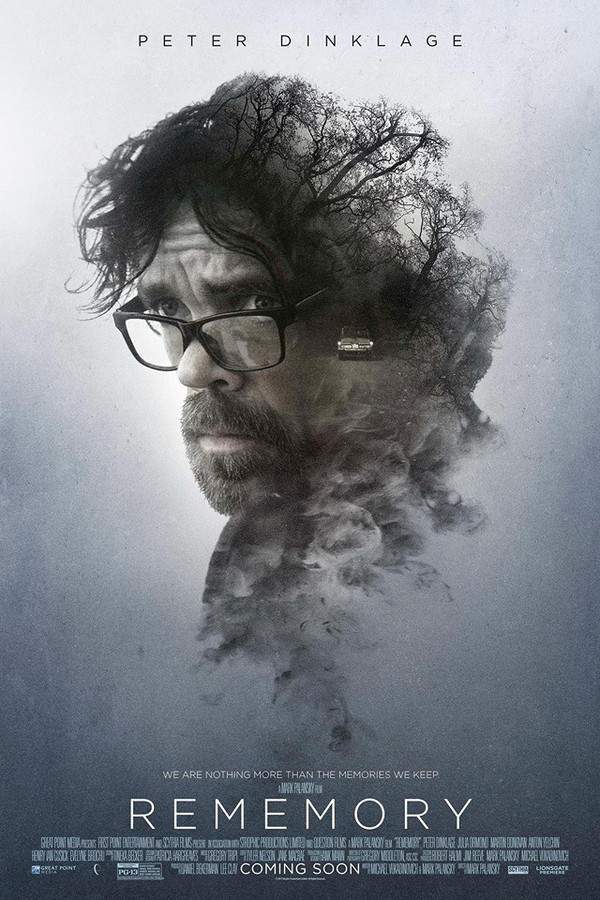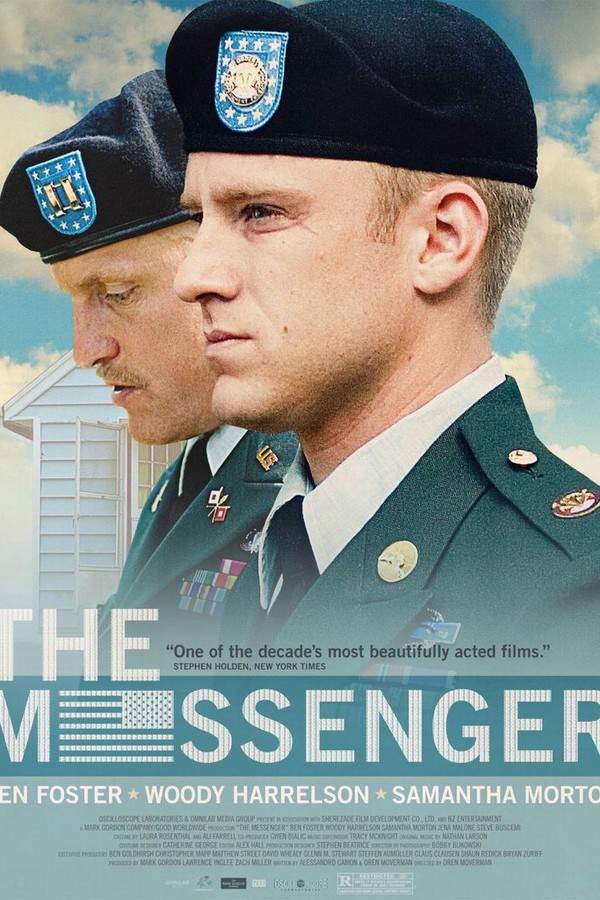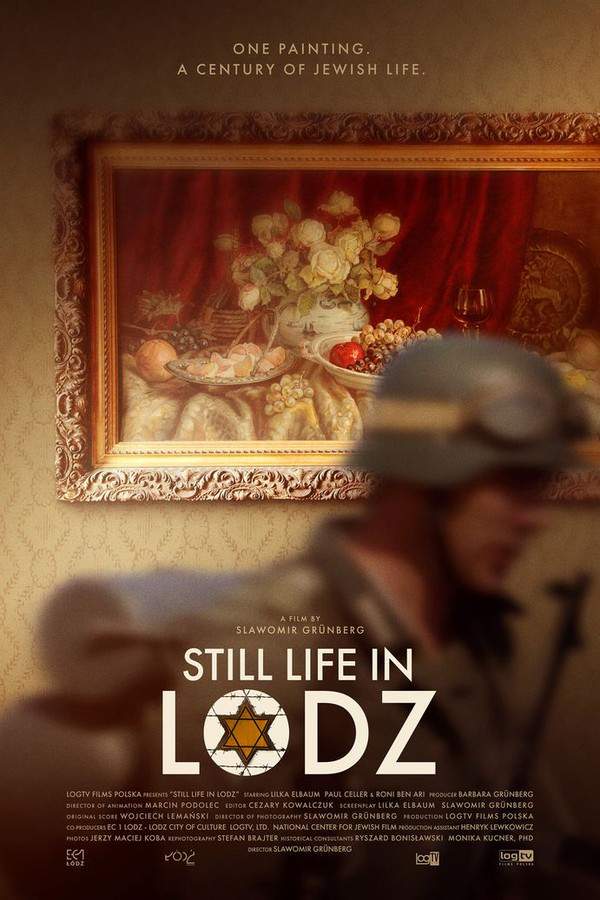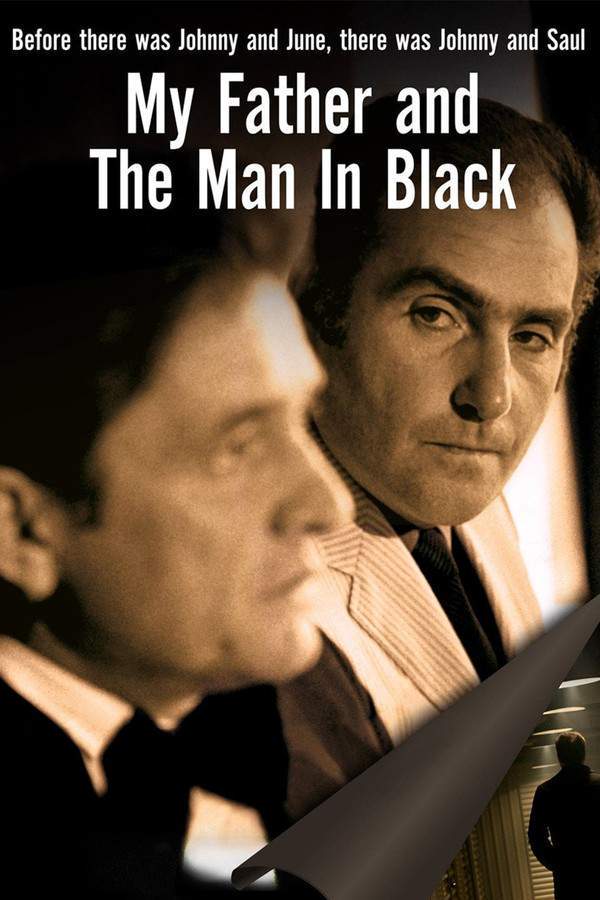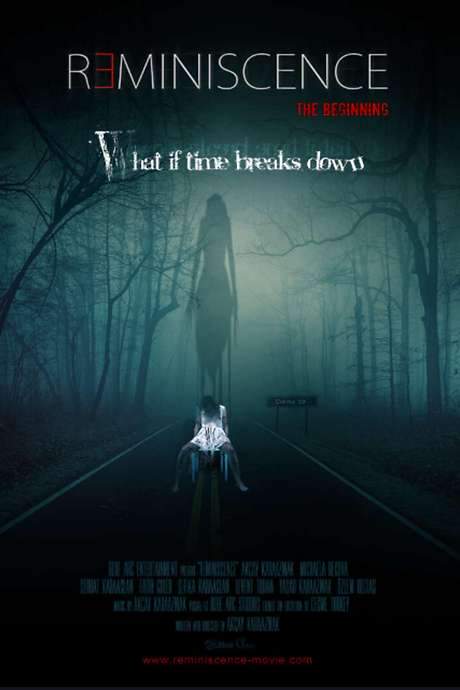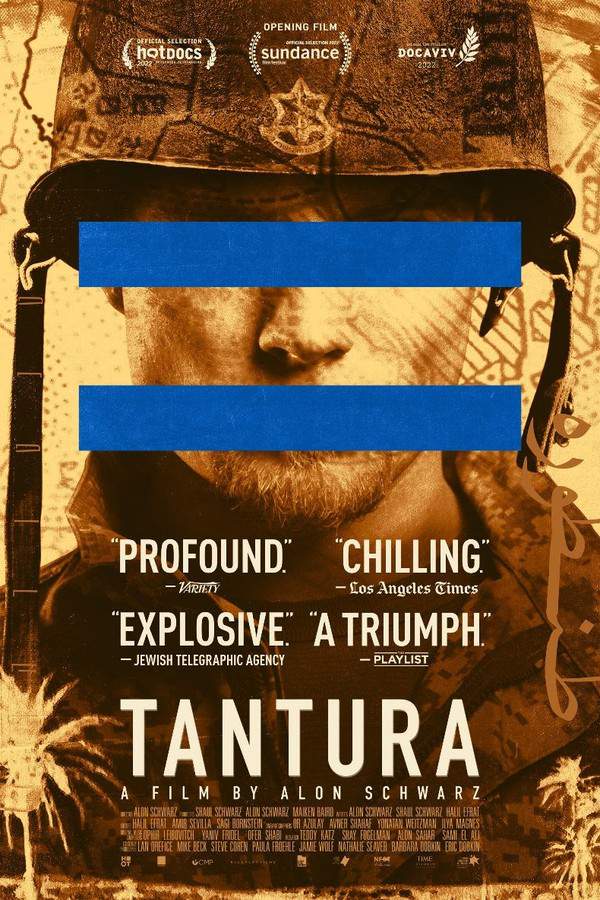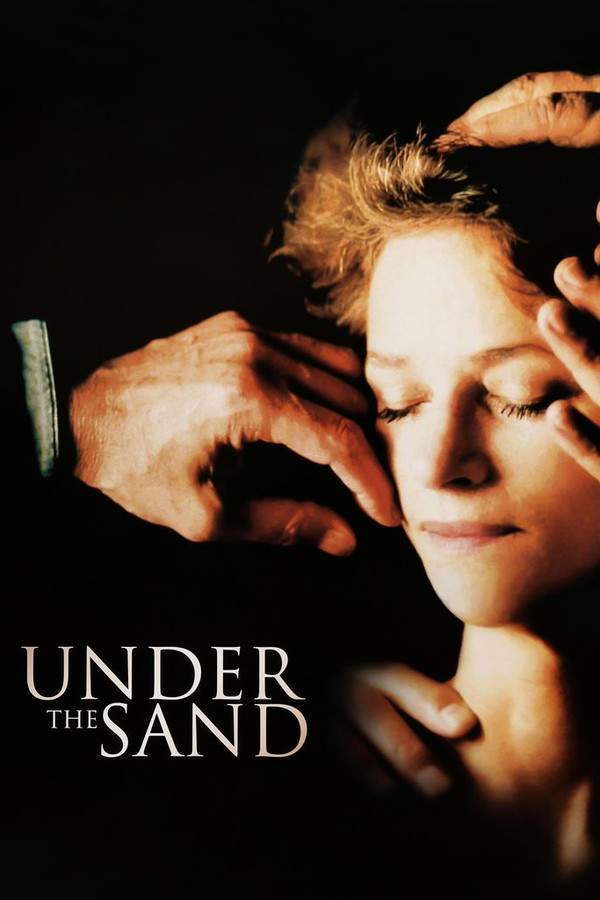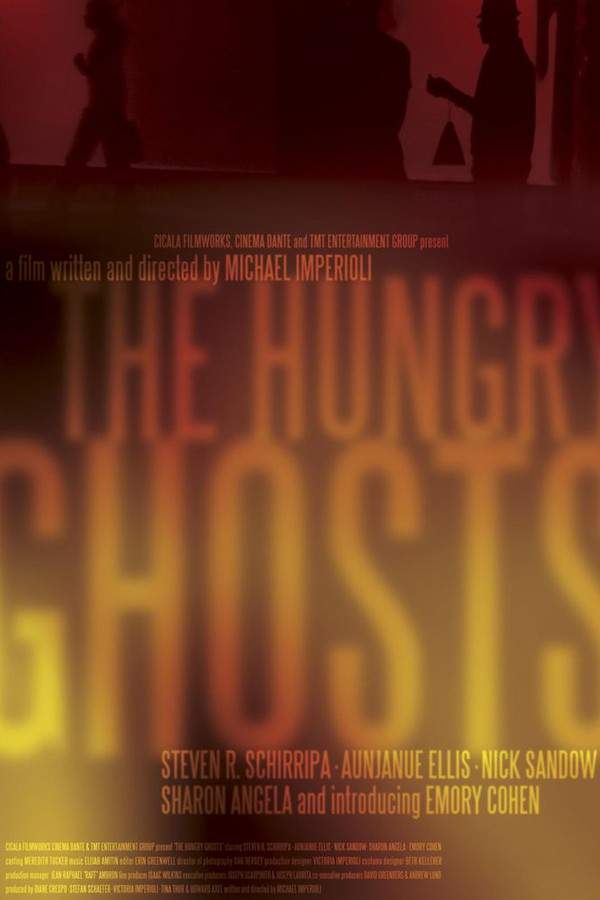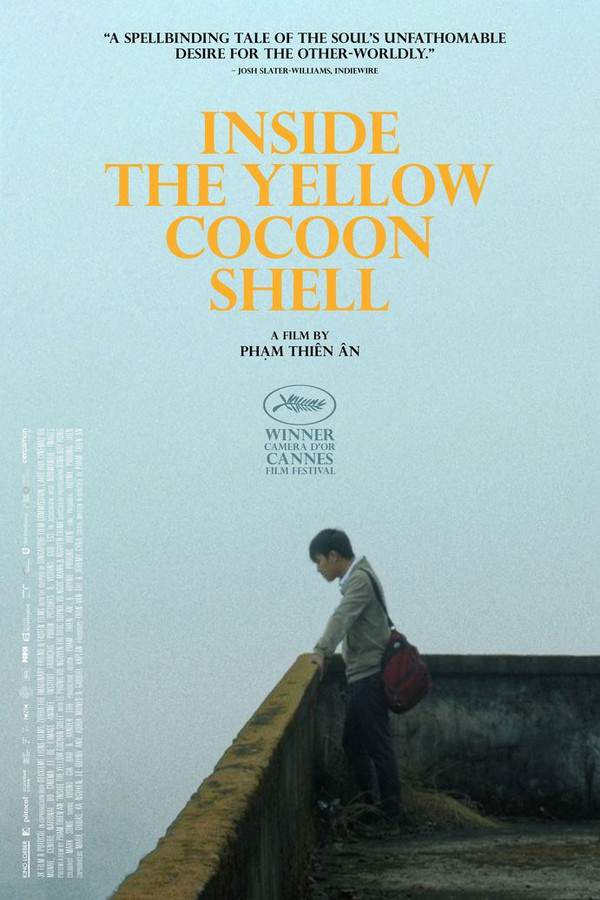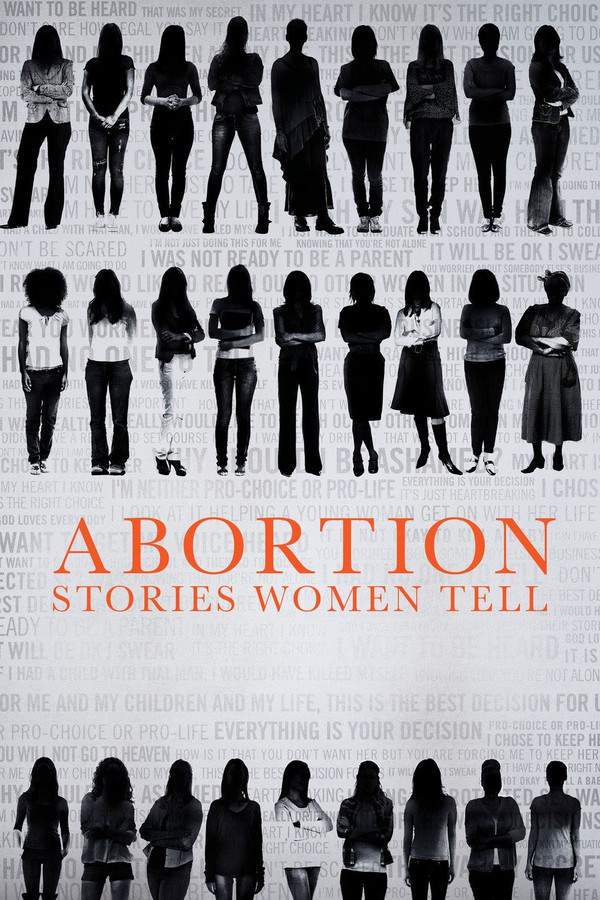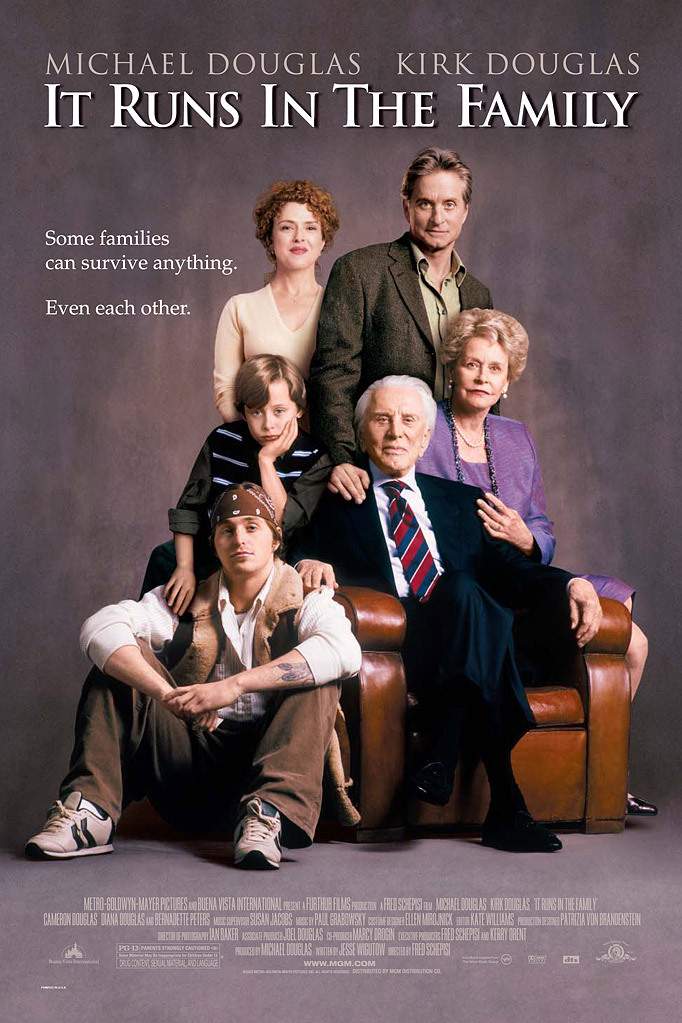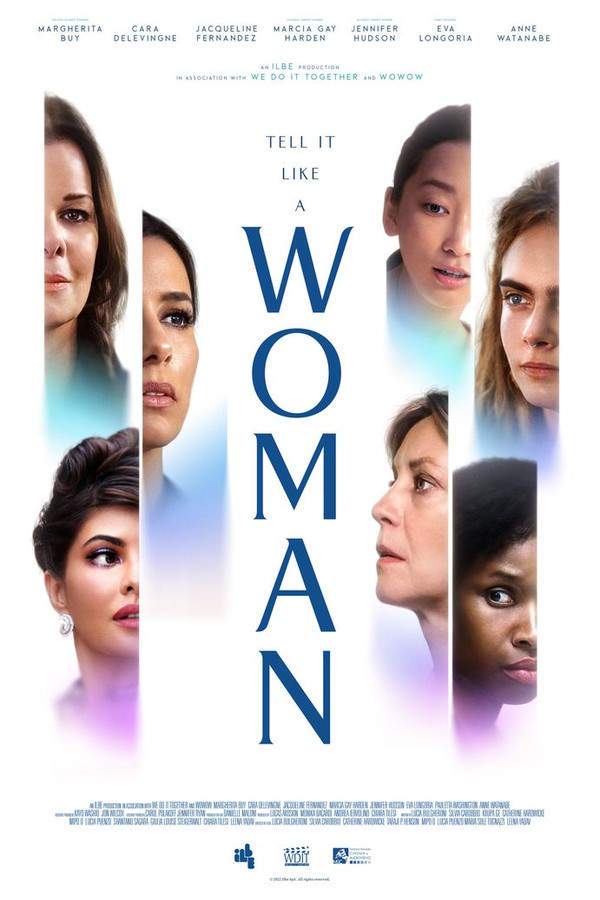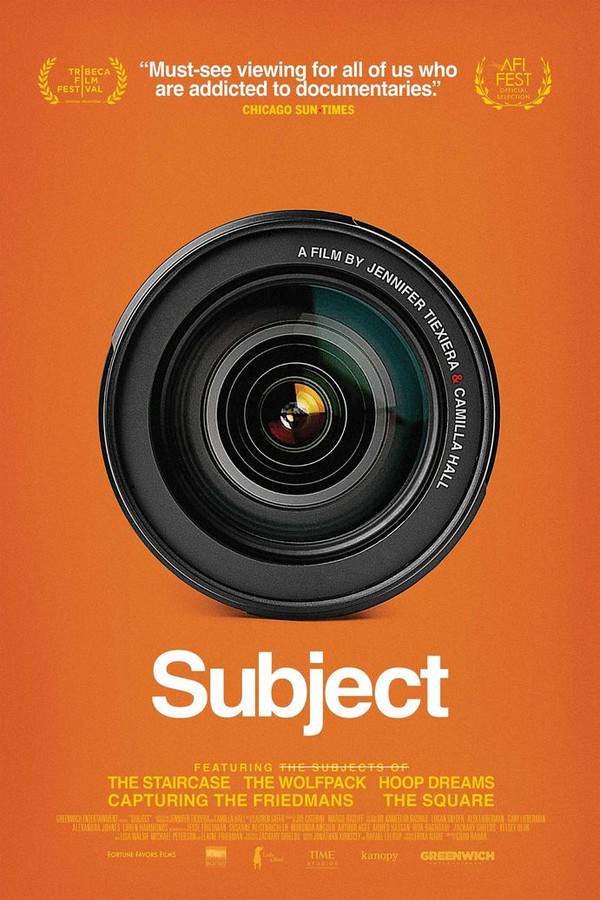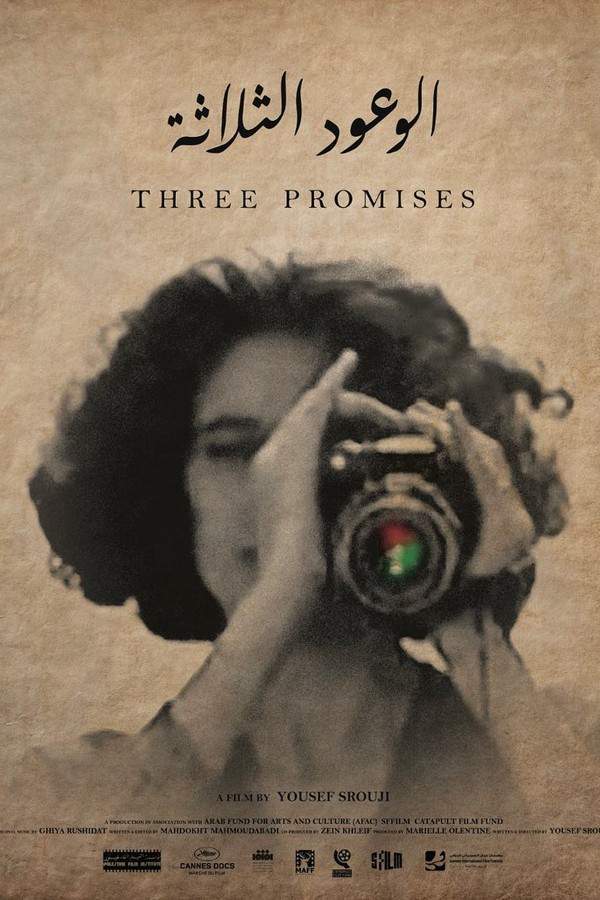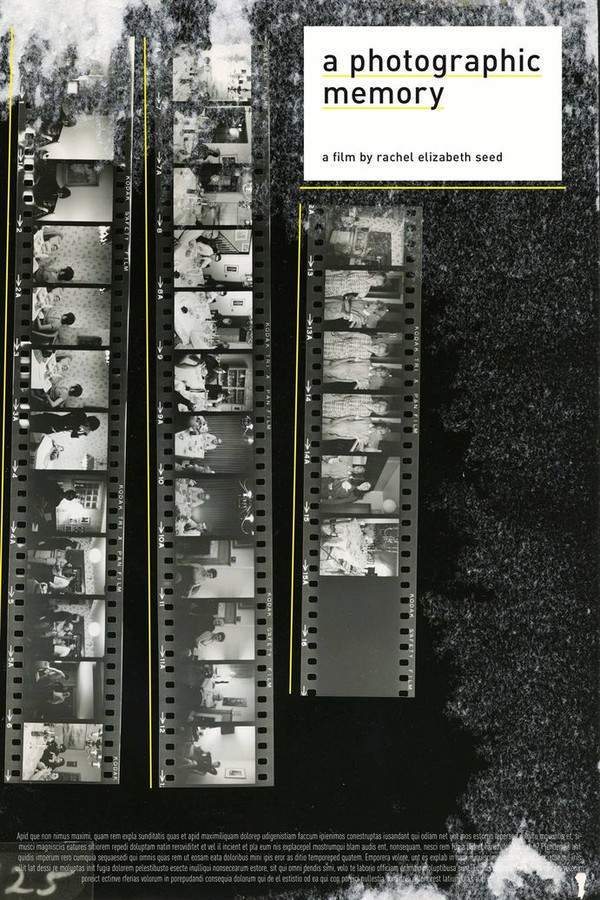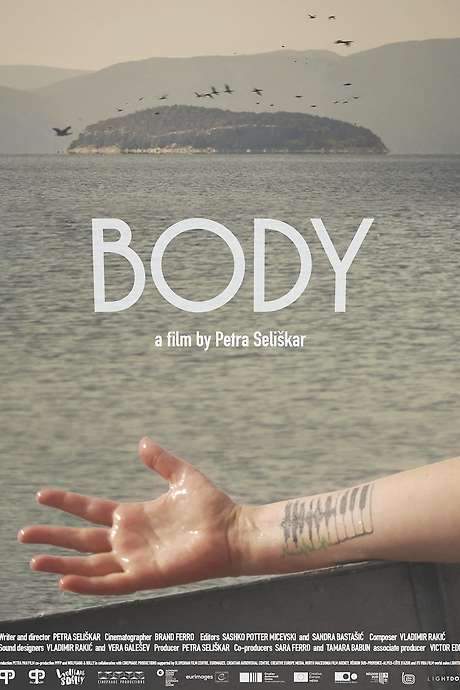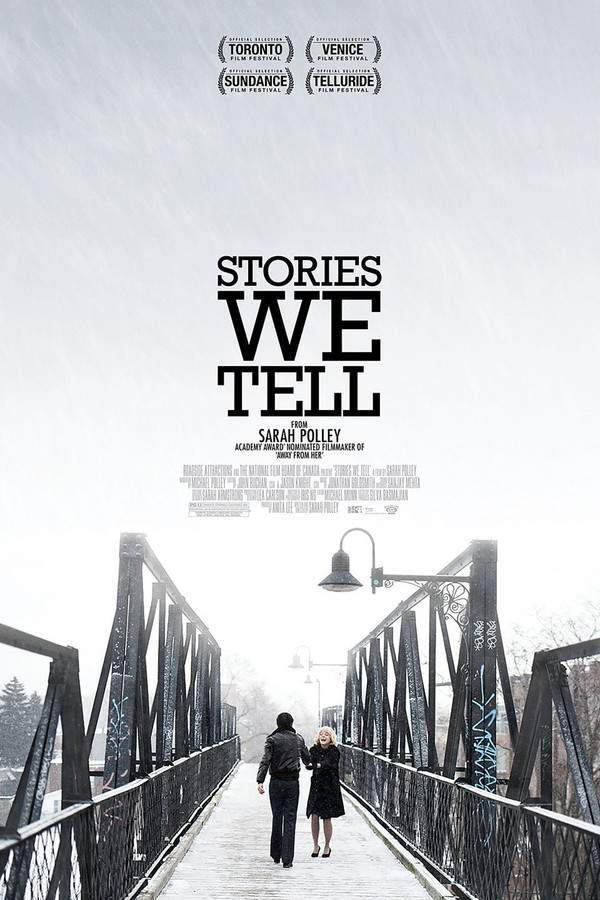
Stories We Tell
Year: 2013
Runtime: 108 min
Language: English
Filmmaker Sarah Polley explores her family's past, uncovering long-held secrets and challenging her understanding of love, memory, and identity. Through interviews with relatives and archival footage, she pieces together a complex narrative that reveals surprising truths and redefines her perception of her own history. The film is a deeply personal and moving exploration of family dynamics and the power of storytelling.
Warning: spoilers below!
Haven’t seen Stories We Tell yet? This summary contains major spoilers. Bookmark the page, watch the movie, and come back for the full breakdown. If you're ready, scroll on and relive the story!
Timeline – Stories We Tell (2013)
Trace every key event in Stories We Tell (2013) with our detailed, chronological timeline. Perfect for unpacking nonlinear stories, spotting hidden connections, and understanding how each scene builds toward the film’s climax. Whether you're revisiting or decoding for the first time, this timeline gives you the full picture.
Last Updated: November 08, 2024 at 02:24
Explore Movie Threads
Discover curated groups of movies connected by mood, themes, and story style. Browse collections built around emotion, atmosphere, and narrative focus to easily find films that match what you feel like watching right now.
Movies about uncovering family secrets like Stories We Tell
Personal journeys of uncovering long-buried family secrets and redefining identity.If you were captivated by the investigative journey in Stories We Tell, you'll find similar themes in these films. This section features movies like Stories We Tell, where characters delve into personal histories, uncovering secrets that reshape their understanding of family and identity through documentary-style inquiry or narrative mystery.
Narrative Summary
Narratives in this thread are structured as investigations, often non-linear, built from interviews, archival material, and personal testimony. The central conflict is the tension between remembered history and uncovered truth, leading to a climax of revelation that forces a reevaluation of the protagonist's entire world.
Why These Movies?
These movies are grouped by their shared focus on a personal, emotional investigation. They blend documentary techniques or a journalistic approach with deeply human stories, creating a specific mood of introspective discovery where the past actively reshapes the present.
Movies about memory and subjective truth like Stories We Tell
Explorations of how personal stories and memories shape our fragile realities.For viewers who appreciated the layered storytelling of Stories We Tell, this section collects similar movies about memory and subjective truth. Discover films like Stories We Tell that explore how personal narratives are woven from fragile memories, creating ambiguous and emotionally heavy dramas about the stories we tell ourselves.
Narrative Summary
The narrative pattern involves presenting a central event or history through multiple points of view, deliberately creating a fractured or layered story. The journey is less about finding one objective truth and more about understanding the power and fallibility of memory, often leading to an ambiguous or bittersweet conclusion.
Why These Movies?
These films are connected by their philosophical inquiry into storytelling itself. They share a melancholic mood and a deliberate pacing that allows the audience to sit with the complexity of human recollection, making the act of remembering a central theme.
Unlock the Full Story of Stories We Tell
Don't stop at just watching — explore Stories We Tell in full detail. From the complete plot summary and scene-by-scene timeline to character breakdowns, thematic analysis, and a deep dive into the ending — every page helps you truly understand what Stories We Tell is all about. Plus, discover what's next after the movie.
Stories We Tell Summary
Read a complete plot summary of Stories We Tell, including all key story points, character arcs, and turning points. This in-depth recap is ideal for understanding the narrative structure or reviewing what happened in the movie.

Characters, Settings & Themes in Stories We Tell
Discover the characters, locations, and core themes that shape Stories We Tell. Get insights into symbolic elements, setting significance, and deeper narrative meaning — ideal for thematic analysis and movie breakdowns.

Stories We Tell Spoiler-Free Summary
Get a quick, spoiler-free overview of Stories We Tell that covers the main plot points and key details without revealing any major twists or spoilers. Perfect for those who want to know what to expect before diving in.

More About Stories We Tell
Visit What's After the Movie to explore more about Stories We Tell: box office results, cast and crew info, production details, post-credit scenes, and external links — all in one place for movie fans and researchers.

Similar Movies to Stories We Tell
Discover movies like Stories We Tell that share similar genres, themes, and storytelling elements. Whether you’re drawn to the atmosphere, character arcs, or plot structure, these curated recommendations will help you explore more films you’ll love.
Explore More About Movie Stories We Tell
Stories We Tell (2013) Plot Summary & Movie Recap
Stories We Tell (2013) Scene-by-Scene Movie Timeline
Stories We Tell (2013) Spoiler-Free Summary & Key Flow
Movies Like Stories We Tell – Similar Titles You’ll Enjoy
Abortion: Stories Women Tell (2016) Full Movie Breakdown
It Runs in the Family (2003) Film Overview & Timeline
Tell It Like a Woman (2023) Detailed Story Recap
Subject (2023) Full Summary & Key Details
Three Promises (2024) Complete Plot Breakdown
A Photographic Memory (2024) Story Summary & Characters
Rewind (2019) Plot Summary & Ending Explained
Home Stories (2020) Movie Recap & Themes
The Wolf Suit (2021) Spoiler-Packed Plot Recap
It Runs in the Family (2022) Full Summary & Key Details
Memory Film: A Filmmaker’s Diary (2023) Complete Plot Breakdown
A Quiet Girl (2023) Spoiler-Packed Plot Recap
Body (2023) Movie Recap & Themes
Family Secrets: The Disappearance of Alissa Turney (2024) Story Summary & Characters
Lies I Told Myself (2023) Detailed Story Recap

